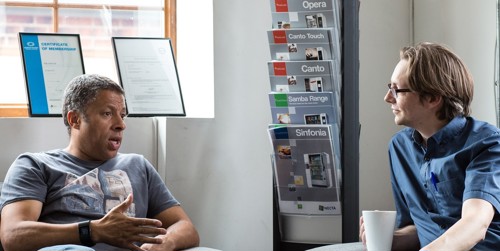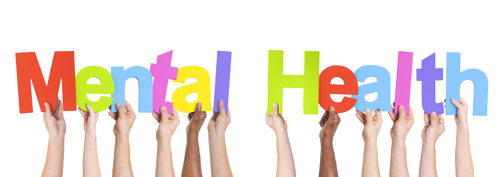How to develop good self-care habits

Moving into employment and starting a new graduate job can feel as daunting as it is exciting. What to wear? Who to ask for help? How many questions are too many?
Starting your first professional job can feel like a big leap into the real world, and can take a bit of getting used to. During these times it is important to think about ways you can practise good self-care.

What do we mean by self-care?
Self-care is any activity that we carry out deliberately in order to take care of our mental, emotional, and physical health. Although it’s a simple concept, in theory, it’s something we very often overlook. Good self-care is key to improved mood and reduced anxiety. It’s also key to building a good relationship with yourself and others.
Where do you start? The three golden rules
- Stick to the basics. Over time you will find your own rhythm and routine. You will be able to implement more and identify more particular forms of self-care that work for you
- Self-care needs to be something you actively plan, rather than something that just happens. It is an active choice and you must treat it as such. Add certain activities to your calendar, announce your plans to others in order to increase your commitment, and actively look for opportunities to practise self-care
- Keep a conscious mind. In other words, if you don’t see something as self-care or don’t do something in order to take care of yourself, it won’t work as such. Be aware of what you do, why you do it, how it feels, and what the outcomes are
Useful Tips
Although self-care means different things to different people, there’s a basic checklist that can be followed:
- Create a “no” list, with things you know you don’t like or you no longer want to do. Examples might include: Not checking emails at night, not answering your phone during lunch/dinner
- Have a nutritious, healthy diet
- Get enough sleep
- Exercise. Exercise is as good for our emotional health as it is for our physical health. It increases serotonin levels, leading to improved mood and energy. For self-care, what’s important is that you choose a form of exercise that you like
- Use relaxation exercises and/or practise meditation
- Spend time with your loved ones and friends. Loneliness can have a negative impact on our mental health
- Do at least one relaxing activity every day, whether it’s taking a walk or spending 30 minutes unwinding
- Do at least one pleasurable activity every day, from going to the cinema, to cooking or meeting with friends
- Look for opportunities to laugh
- Use positive journaling. Are you someone who focuses on the negatives and dismisses the positives? End each day writing down 3 positive things about your day
- Be mindful of your use of social media; our relationship with the digital world can have an impact on our mental health. Are you someone who compares yourself unfavourably to others? Remember people often only share the ‘good moments’ or their successes on social media platforms
Resources
Was this article helpful?
Your feedback helps us create better content so if this article helped, please leave a like below and let others know.
The Charlie Waller Trust
The Charlie Waller Trust is a registered charity in England and Wales 1109984. A company limited by guarantee. Registered company in England and Wales 5447902. Registered address: The Charlie Waller Trust, First Floor, 23 Kingfisher Court, Newbury, Berkshire, RG14 5SJ.
Copyright © 2024 The Charlie Waller Trust. All rights reserved.




